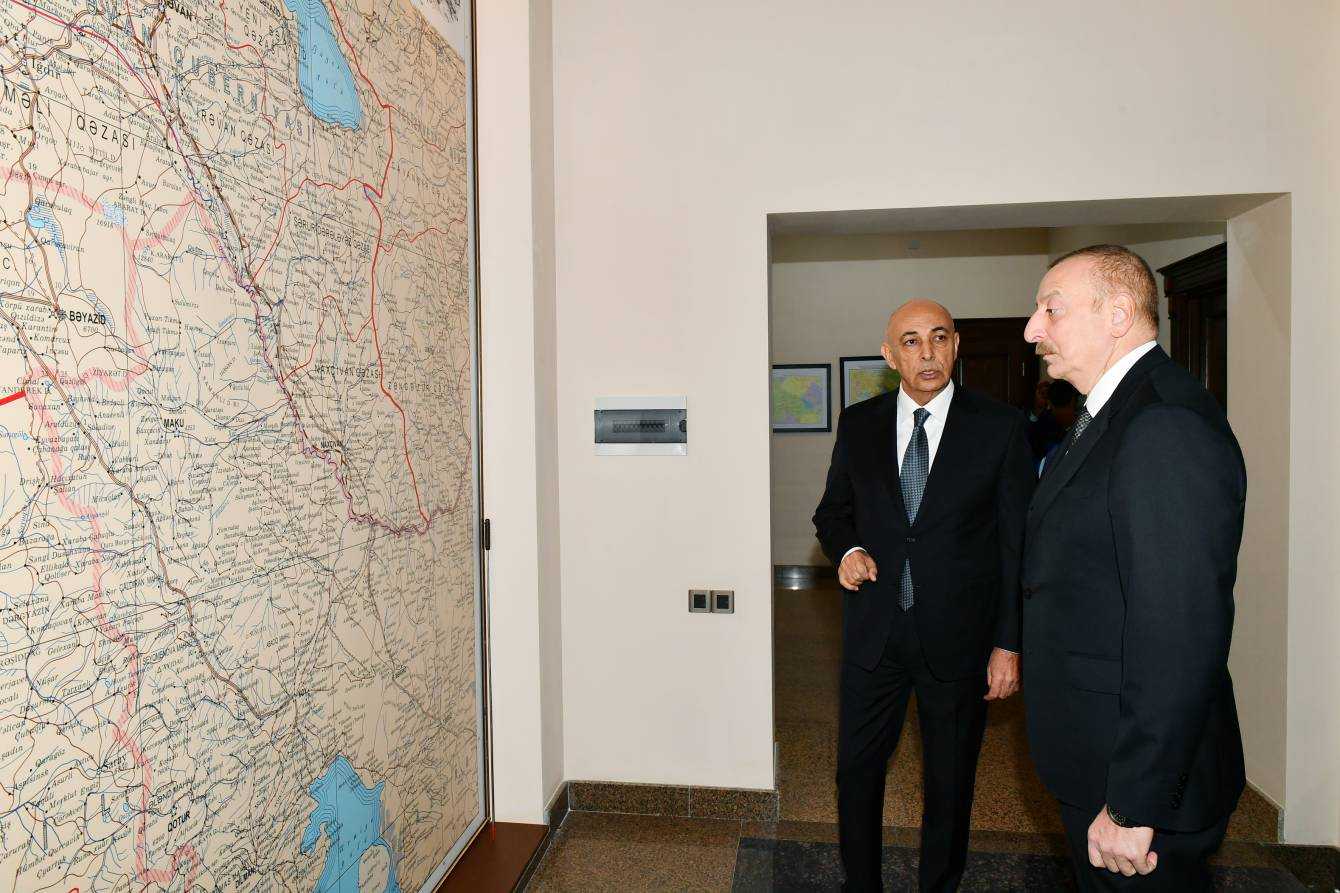UNESCO ‘concerned’ about destruction of Armenian heritage in Nagorno-Karabakh

A top UNESCO official has expressed concern about widespread reports of destruction of Armenian cultural heritage sites in Nagorno-Karabakh.
On Wednesday, Armenpress quoted Krista Pikkat, The director of the UNESCO Culture and Emergencies Entity, as saying UNESCO had received reports ‘about the alleged destruction of different kinds and different cultural properties of different origin’ in Nagorno-Karabakh.
‘So that’s why UNESCO has been monitoring the situation with concern’, she added.
Footage and satellite imagery has continued to emerge illustrating damage to cultural sites across the region. Reports and documentation of destruction have intensified over the past year following Azerbaijan’s cementing of full control over Nagorno-Karabakh and the subsequent mass exodus of the Armenian population in September 2023.
The damaged and destroyed cultural heritage sites include centuries-old spiritual sites and cemeteries, residential quarters in Stepanakert dating back to the 19th and 20th century, government buildings, and the demolition of entire villages, as well as the property of Armenians who left in September 2023.
The investigative journalism outlet Bellingcat released a report in September analysing satellite imagery of Stepanakert, concluding that ‘hundreds of incidents’ of what appeared to be the ransacking of civilian homes occurred across the city.
Armenpress also quoted Pikkat as saying that during the previous conflict, the UNESCO Director-General ‘immediately’ wanted to dispatch a technical mission to Nagorno-Karabakh. Discussions were held ‘at the highest level with the concerned parties’ to discuss the composition and the focus of the mission.
‘Now that the situation has changed, this mission can no longer be dispatched under the 1954 Hague Convention. We are discussing now with the Azerbaijani authorities also how we can support them,’ Pikkat said, adding that the convention has an ad-hoc monitoring mechanism ‘that can be triggered by any member state’.
‘So, it is also the decision of the member states and the committee how UNESCO can engage and support countries.’
The 1954 UNESCO Hague Convention is dedicated to the protection of cultural heritage in times of armed conflict. Since the Second Nagorno-Karabakh War in 2020, an increasing number of Armenian cultural and spiritual sites came under the control of Azerbaijan. Three years later, in September 2023, Azerbaijan took control over the rest of the region’s territory, increasing concerns over the fate of Armenian heritage there.
Pikkat noted that UNESCO sent a mission to Armenia in 2023 which also tried to understand how the organisation can support the country’s intangible cultural heritage.
Earlier this week, Deputy Foreign Minister Vahan Kostanyan raised Armenia’s concerns over the issue at a conference on protection and restoration of cultural heritage, organised jointly with UNESCO.
Kostanyan said that the millennia-old Armenian heritage in Nagorno-Karabakh was facing the threat of destruction and distortion of identity by Azerbaijan. He said that ‘innovative’ ways must be explored to ‘preserve the joint heritage of humanity’.









